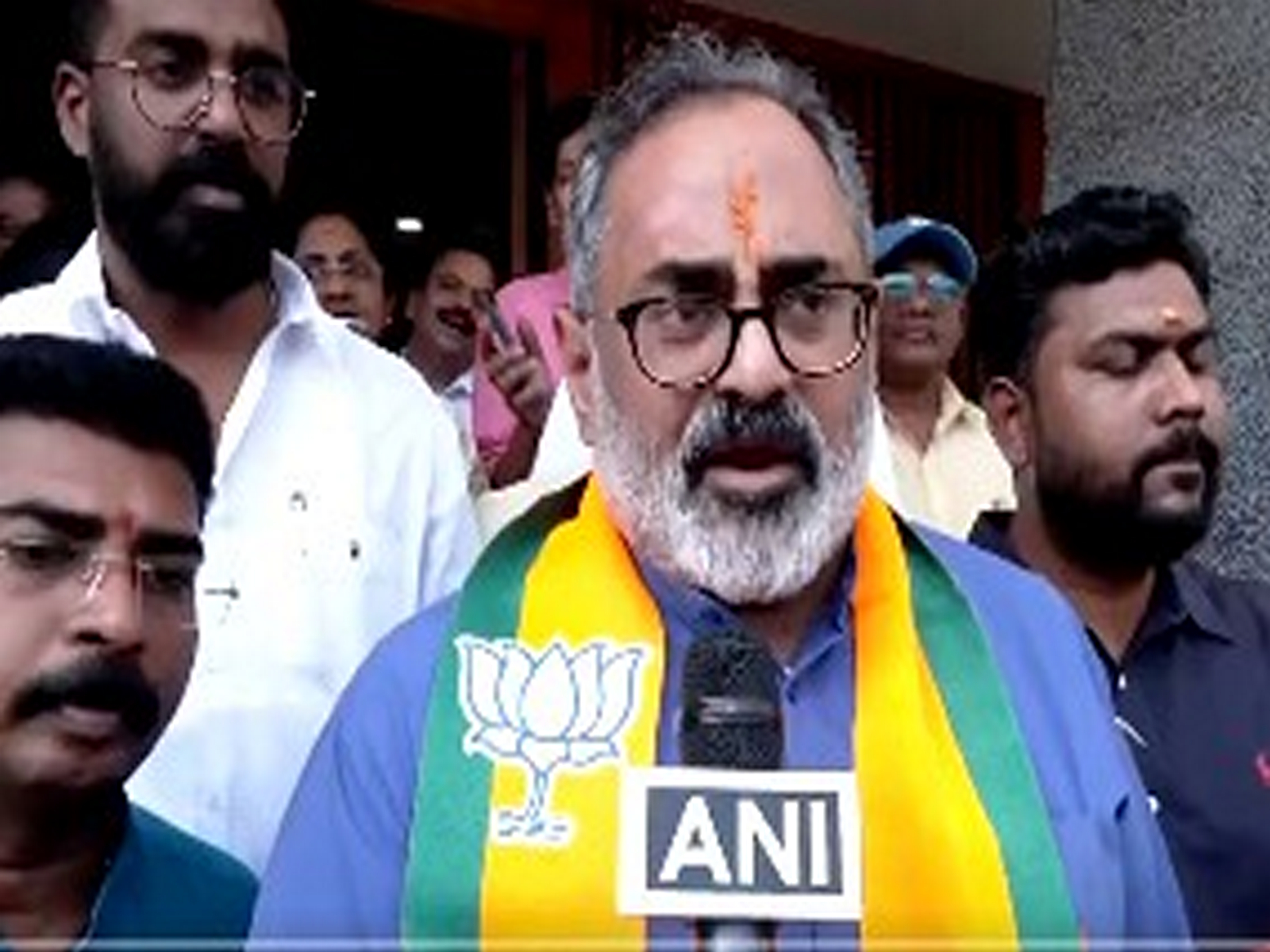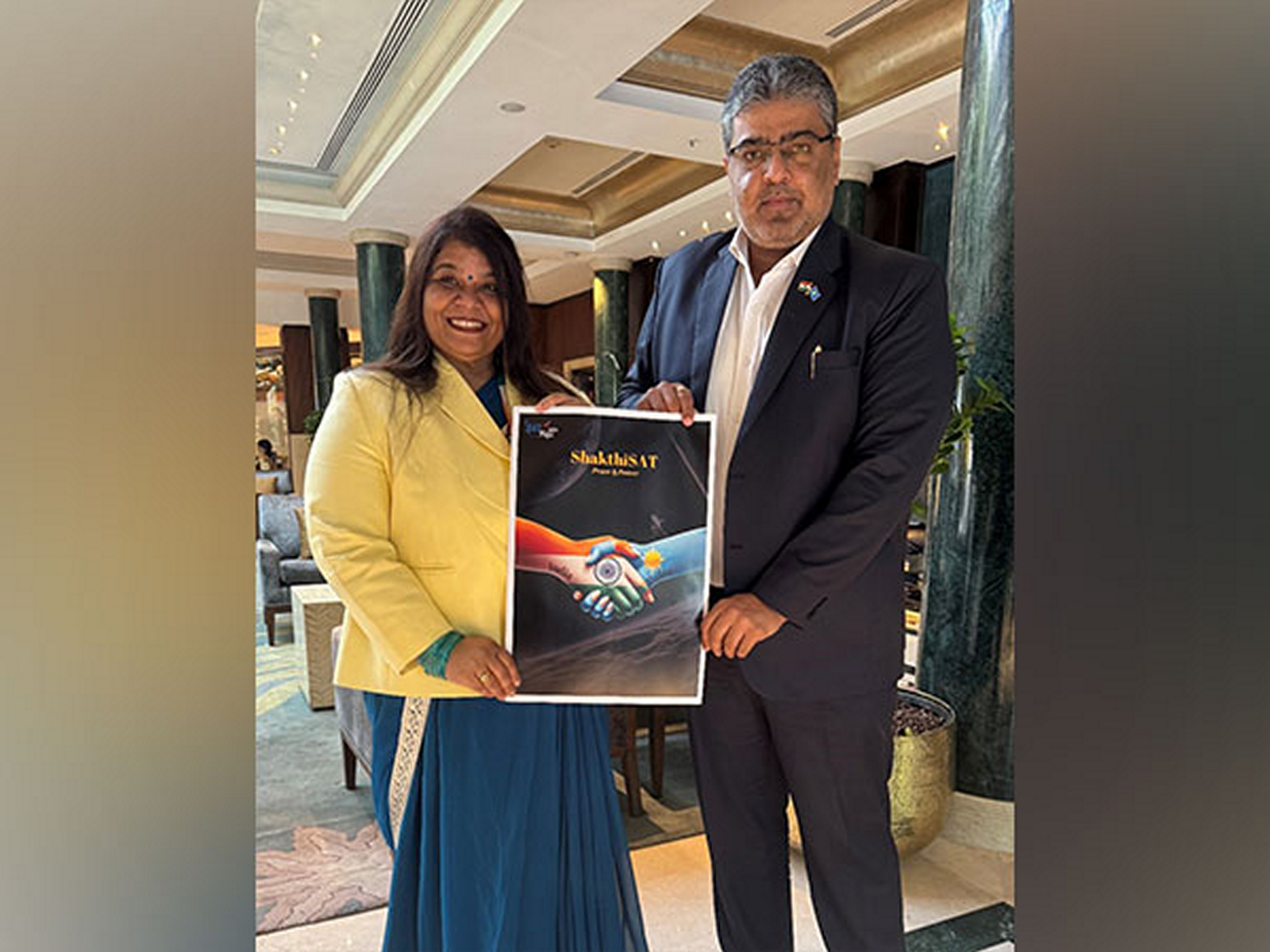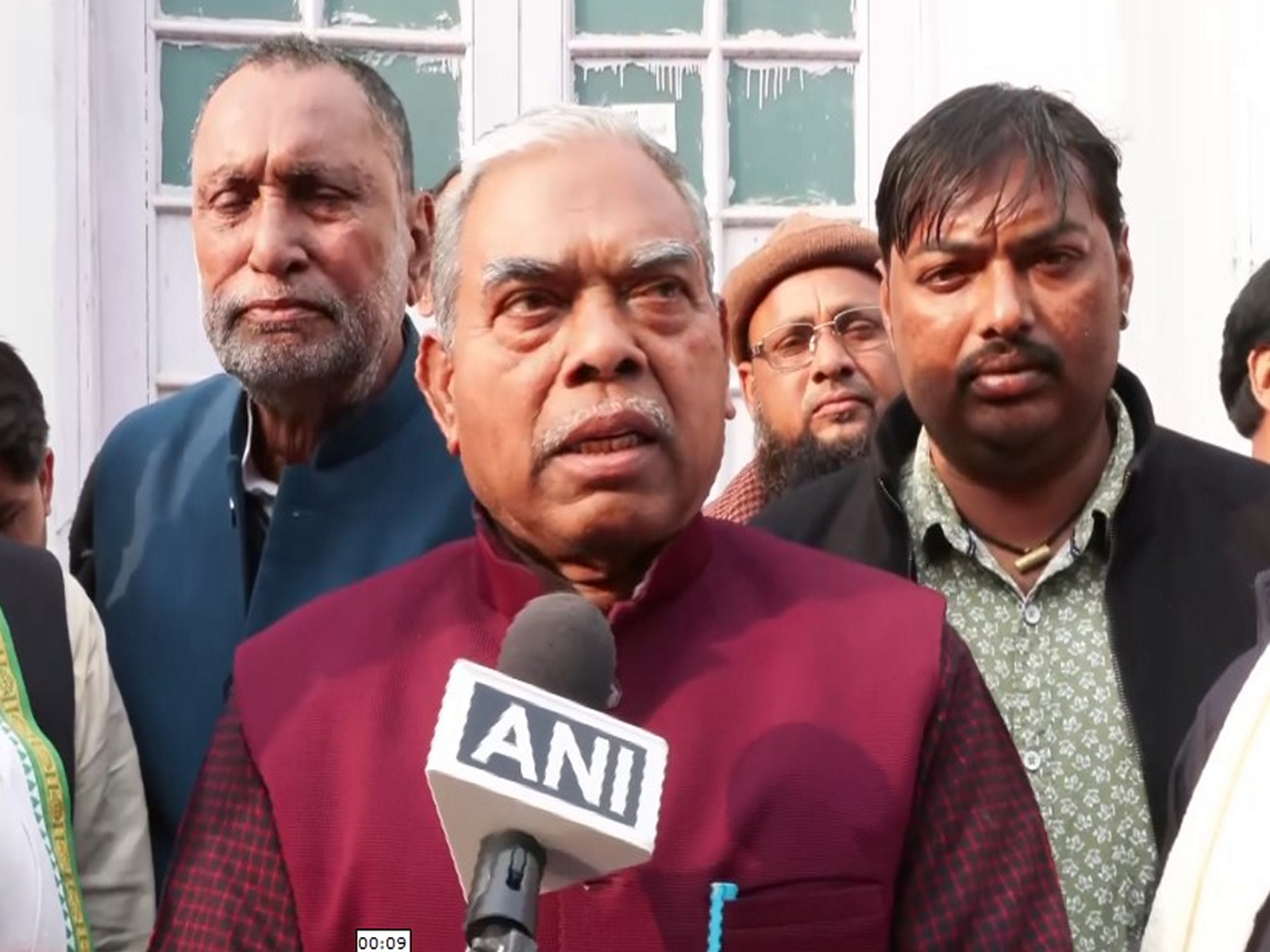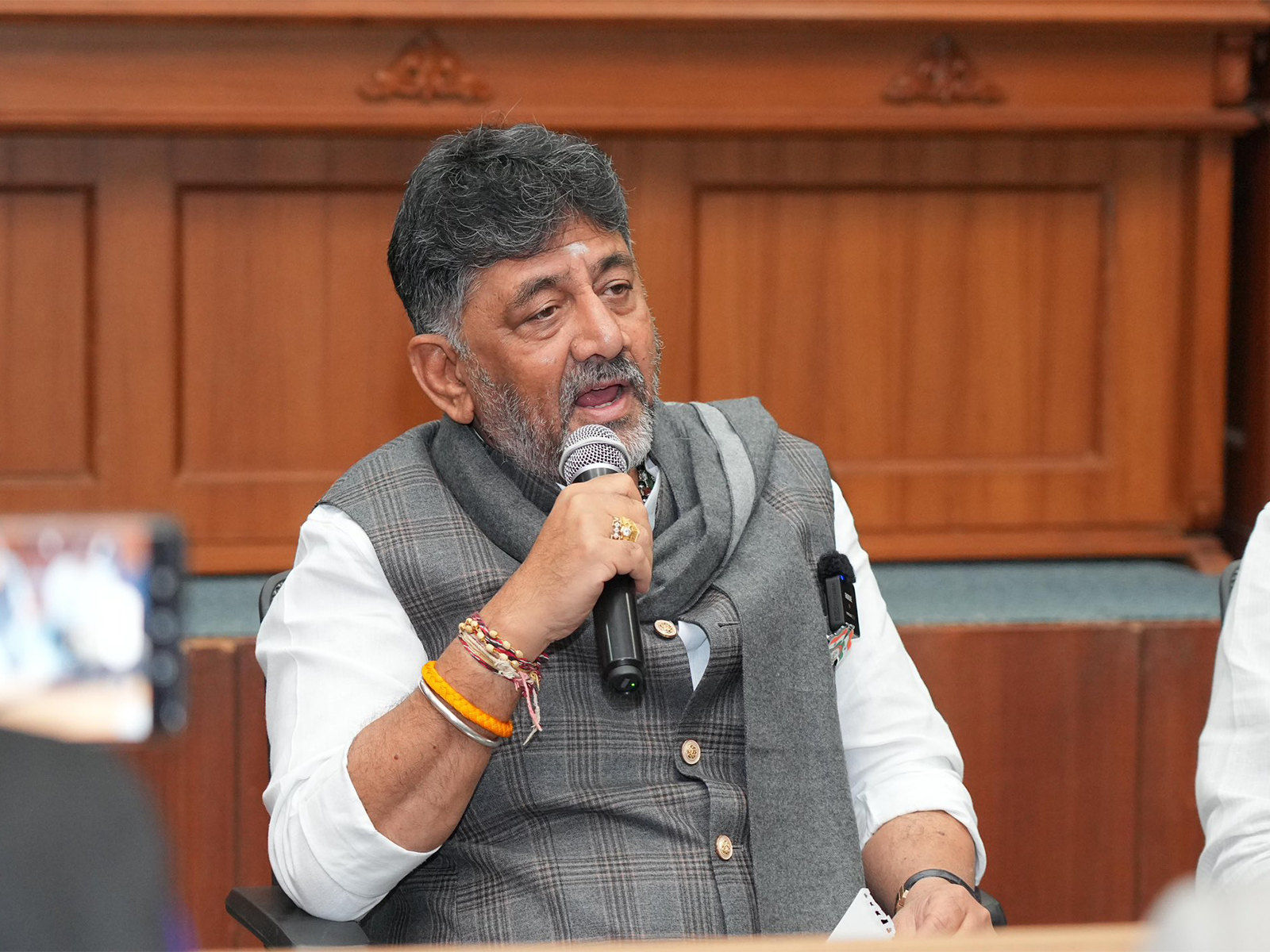"Need better secretariat, trained staff": SC advocate Geeta Luthra on President Murmu's remarks on judicial delays
Sep 02, 2024

New Delhi [India], September 2 : Senior Supreme Court advocate Geeta Luthra said that there is need for better secretariat and trained staff as she appreciated President Droupadi Murmu's remarks regarding judicial delays.
Luthra described the President's remarks as "very interesting," and added, "I am relying on 2 judgements both by Supreme Court...where they are saying that speed is very significant; the same principle of justice delayed is justice denied."
She noted that delays in filing chargesheets--ranging from four to seventeen years in some cases--undermine the justice system. Luthra argued for the introduction of a statute of limitations for criminal cases to prevent indefinite delays.
"If chargesheets are filed too late, it hampers the accused's ability to respond effectively due to the loss of evidence. This delay reflects poorly on the state's commitment to justice." She also pointed out that while swift justice is crucial, it should not come at the cost of fairness, citing a controversial rape trial in Rajasthan that was concluded in just seven days. Luthra stressed the need for better court administration, including a well-trained secretariat and efficient case management, rather than merely increasing the number of judges.
"I think President probably has said that to the extent that we need quick justice, while we need quick justice, we also need a very effective justice. One of the cases which even shocked the Supreme Court was a case from Rajasthan where a rape trial was decided in 7 days - rushing through the trial. You can't do that, that man will go in for life. You have to give him an opportunity and remember, in India, you often don't get bail...Courts now are very careful in granting adjournments. So, if 30 cases get adjourned, it will be justice for the other 40," she said.
"But to some extent, I think, some lawyers and judges need to read their files well...The moment you have a good secretariat, half the job of the lawyer and judge is done. We don't need necessarily more judges. We need better secretariat, trained staff, so pleadings and all those things are taken care of...We can only appreciate that she is looking into this issue," she added.
Senior advocate Pramod Kumar Dubey defended the judiciary's handling of cases, asserting that the primary issue lies with infrastructure rather than judicial reluctance. "The government needs to provide adequate infrastructure to support the legal system," Dubey said.
"The government has to come forward. The government has to provide the infrastructure. We have not come across in Delhi that any court is reluctant in hearing the matter. If the witnesses are there, the matter is called, the judges are sitting on the dais and they are taking the matter every day. But the burden is very high. It is not that rich people are roaming free, if you see in the past so many industrialists are behind bars, so many political persons are behind bars, so many high level bureaucrats are behind bars, so it is not that they are roaming free on the basis of their money or power," he said.
Dubey emphasised that the legal system in Delhi is not biased against the poor, noting that legal aid services are robust and accessible.
"The judiciary is unbiased, there are no biases on the part of the judiciary. They are taking the matter, hearing the matter, disposing the matter. Insofar as the poor people are concerned, there is a legal system everywhere at every level. So, you can't say that they are not being provided the legal assistance. In this respect also, the executive has to come forward to sensitise the people that they have the right and they have to go. Legal aid people are doing so many clinical jobs, they are going to the public and educating the people...Even in Delhi, the competent lawyers are appearing for Delhi legal aid services, Delhi High Court legal services and even in the Supreme Court," he added.
In her valedictory address at the National Conference of the District Judiciary on September 1 to mark 75 years of the Supreme Court of India, President Droupadi Murmu highlighted the recent advancements in timely administration, infrastructure, facilities, training, and manpower within the judiciary.
President Murmu emphasised that significant progress is still needed across these areas, stressed the importance of accelerating reforms, and highlighted the need for a united effort from all stakeholders to overcome the numerous challenges facing the judicial system.
"I am told that in recent times there has been improvement in the availability of timely administration, infrastructure, facilities, training, and manpower. But there is still much to be done in all these areas. I believe that there should be rapid progress in all the dimensions of reform," President Murmu said.

















